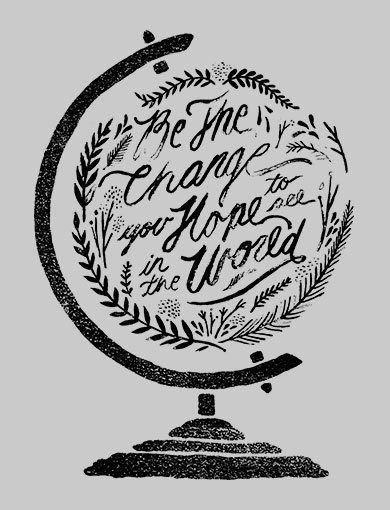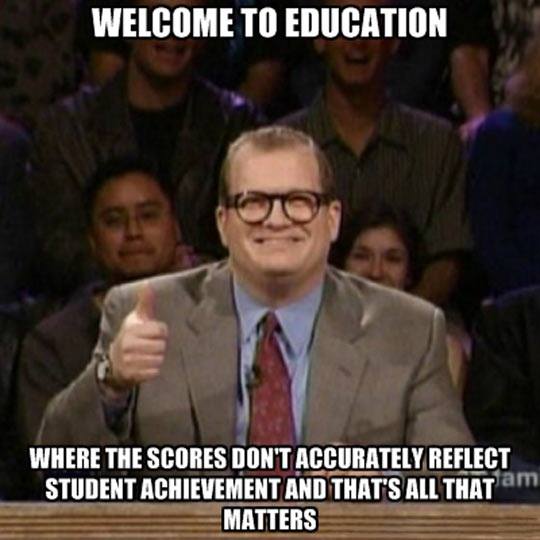
I was so afraid that I wasn't going to find a social justice event that fit in my schedule. Luckily I found this one yesterday for tonight at 6! I was so excited because I wanted to see The Vagina Monologues ever since it was first mentioned in class.
Well first of all.....let me just say WOW, WHAT THE HECK, OH MY GOD. I had no idea what I was getting myself into. This was a very different experience to say the least. I went with my mom to Chan's in Woonsocket. I almost took my grandmother which I am VERY glad I didn't do seeing as she probably would not enjoy the "c-word" being thrown around as carelessly as it was. My mom and I have a very close relationship and nothing is really off limits with us, but even this was really really awkward for us. It was full of really uncomfortable laughter, but I think that was the point.
Well first of all.....let me just say WOW, WHAT THE HECK, OH MY GOD. I had no idea what I was getting myself into. This was a very different experience to say the least. I went with my mom to Chan's in Woonsocket. I almost took my grandmother which I am VERY glad I didn't do seeing as she probably would not enjoy the "c-word" being thrown around as carelessly as it was. My mom and I have a very close relationship and nothing is really off limits with us, but even this was really really awkward for us. It was full of really uncomfortable laughter, but I think that was the point.
The women that participated in this show were women from the Sojourner House in Rhode Island. It helps abuse victims and their families and the proceeds from tonight went to their HIV prevention, testing, and support fund.
The particular show that I went to was actually a bilingual show, which was pretty cool, but kind of unfortunate because I did not understand half of it. It was cool to see English and Spanish working together to become one show. This is a Collier aspect of the show. Half of it was in English, and half was in Spanish.
The room that the show was in was definitely a Safe Space that August would 100% approve of. There were many women that are a part of the LGBT community that were acting in the show. Women who are lesbian, transgender, and straight spoke out fearlessly. There was no holding back in this show and there were no judgement in the room (that were shown). It was a great experience.
This also relates to SCWAAMP. Of course it is because of the "maleness" factor of it. This show was meant to empower women. There were no men on that stage and that group had so much power. It was a very diverse group of women racially. This attributes to the “whiteness” part of SCWAAMP. The women also were not all straight, which is part of the “straightness” aspect. This show alone connected to three out of the seven characteristics of SCWAAMP.
Throughout the show it gave some statistics about sexual assaults and genital mutation that were really hard to listen to. I think this was the most important part of it. It was educational and really opened the crowd’s eyes to what is actually going on in the world while empowering ALL WOMEN.
If you're brave enough to watch the Vagina Monologues I will hyperlink a version here for you. Watching it will not be as great of an experience as actually being there, making eye contact with the actors, but it's worth a watch.









